OpenAI: Pioneering the Future of Manufacturing Automation
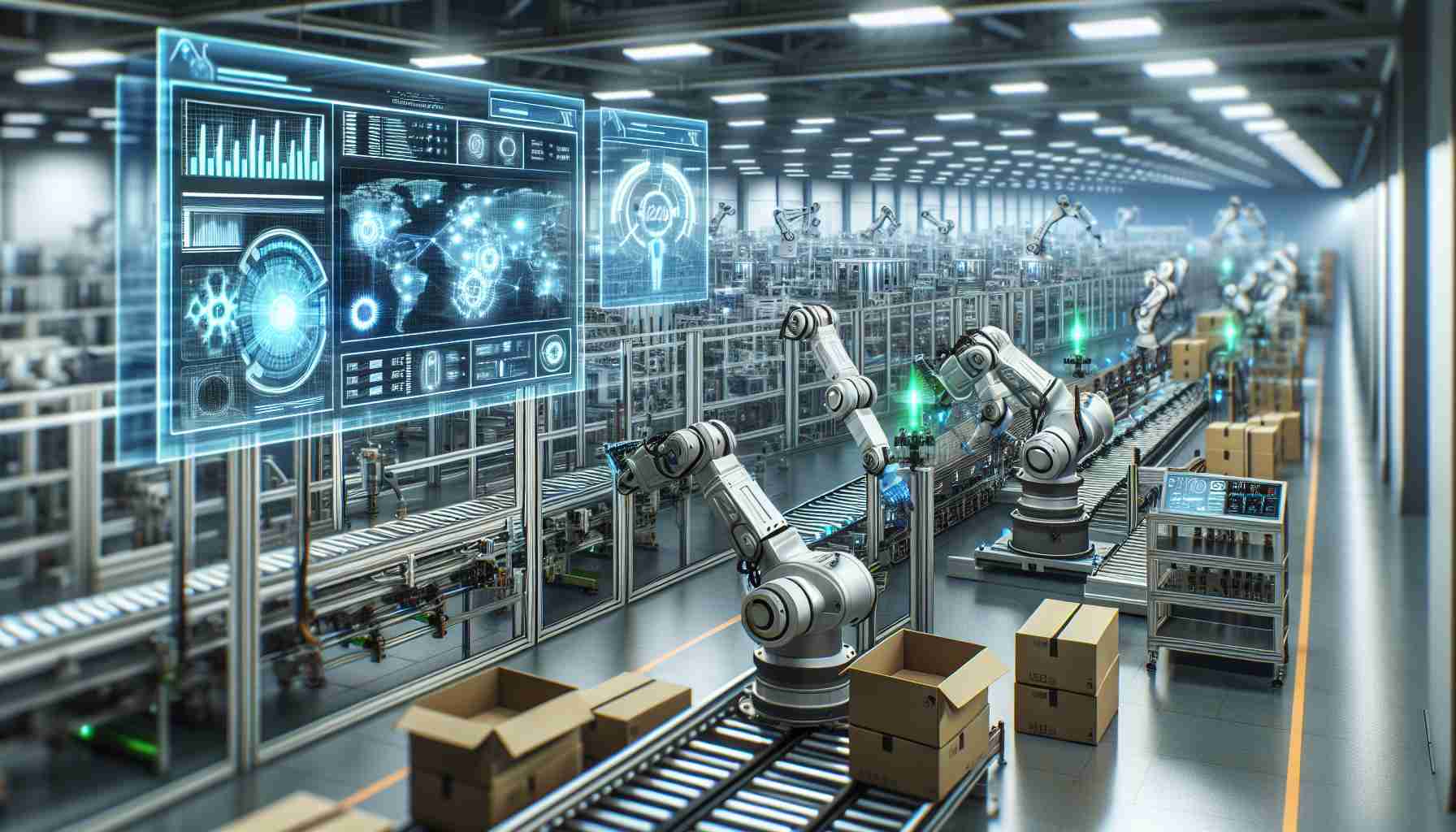
Summary:
In this article, we explore how OpenAI, a leading artificial intelligence research lab, is contributing significantly to advancements in manufacturing automation. The article sheds light on OpenAI’s innovative technologies, their applications in the industrial sector, and the potential impact on manufacturing processes. Additionally, we discuss the broader implications of AI-powered automation for the workforce, economy, and future developments in the field.
Manufacturing automation has been a transformative force in the industrial sector, aimed at increasing efficiency, reducing errors, and lowering costs. OpenAI stands at the forefront of this transformation by creating and deploying AI models that take automation to new heights.
OpenAI’s Contributions to Manufacturing:
OpenAI’s approach to enhancing manufacturing automation revolves around the development of sophisticated machine learning algorithms. These include AI models that can predict and optimize production processes, robots that can perform complex tasks with precision, and AI systems that can autonomously monitor and maintain factory equipment.
One notable project is OpenAI’s advanced robotics research, which involves training robots to manipulate objects with human-like dexterity. This research has the potential to automate tasks that previously required the fine motor skills and adaptability of human workers.
Impact on the Manufacturing Sector:
The integration of OpenAI’s technology in manufacturing settings is set to improve productivity, product quality, and the ability to quickly adapt to changing market demands. Beyond operational improvements, these technologies have the power to reshape the entire manufacturing landscape by fostering innovation and enabling new business models.
Furthermore, OpenAI’s advancements could contribute to the development of “smart factories,” where AI-driven systems manage entire production lines, anticipate maintenance needs, and optimize supply chain logistics.
Implications for the Workforce and Economy:
While OpenAI’s automation technologies promise increased efficiency, there are concerns regarding their impact on employment. The move towards more automated systems could displace workers who perform routine tasks, urging a societal shift towards more specialized job training and education.
Conversely, AI could create new job categories centered around AI system design, maintenance, and oversight. The challenge lies in ensuring a smooth transition for the workforce and mitigating the economic risks associated with rapid technological change.
Looking to the Future:
As OpenAI continues to push the boundaries of what’s possible in manufacturing automation, the industry can expect to see even more advanced AI solutions. These advances call for thoughtful collaboration between technologists, business leaders, and policymakers to harness the benefits while addressing the ethical and societal concerns that arise.
-
Analysis: What is driving Industry 4.0 momentum in APAC?
Recent research by India-based research group Mordor Intelligence found Asia-Pac···
-
Accenture, Mujin form robotics integration joint venture
Accenture and Mujin have created a joint venture to help bring robotics and auto···
-
Servo Drive System Equipped With New Hard- and Software
Siemens is innovating the well-established Sinamics S210 servo drive system with···
-
The Future is Now: AI and Factory Automation in 2024 and Beyond
In the midst of the Fourth Industrial Revolution, the future of manufacturing st···
参展地址:中国国际展览中心(朝阳馆)
- Analysis: What is driving Industry 4.0 momentum in APAC?
- Accenture, Mujin form robotics integration joint venture
- Servo Drive System Equipped With New Hard- and Software
- The Future is Now: AI and Factory Automation in 2024 and Beyond
- Thermal imagers for advanced factory automation, quality assurance and process monitoring
- Industrial Operations in Asia to Adopt AI/ML for Automation Processes by 2026




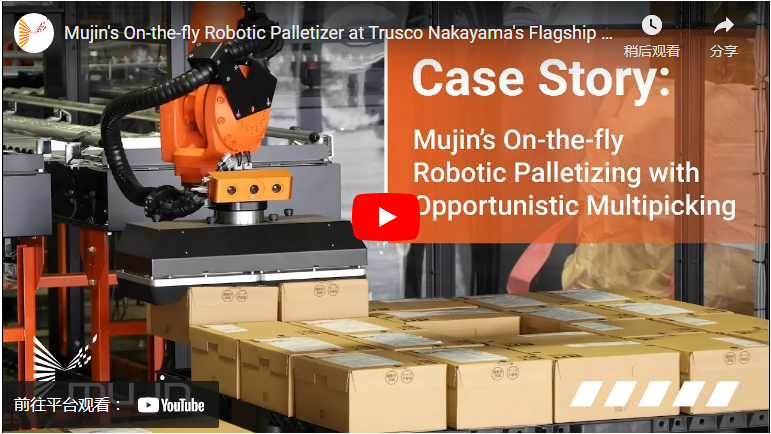
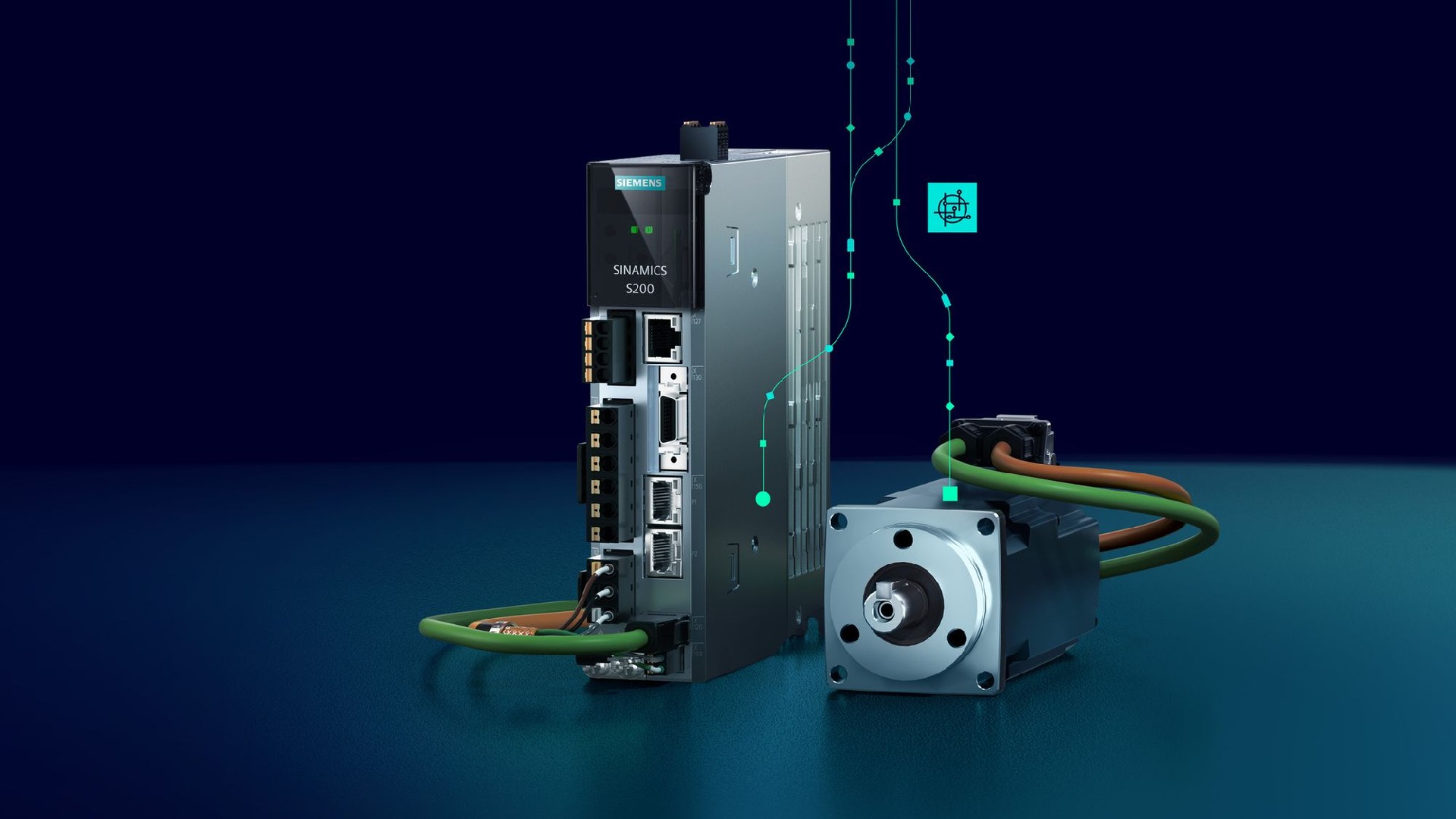
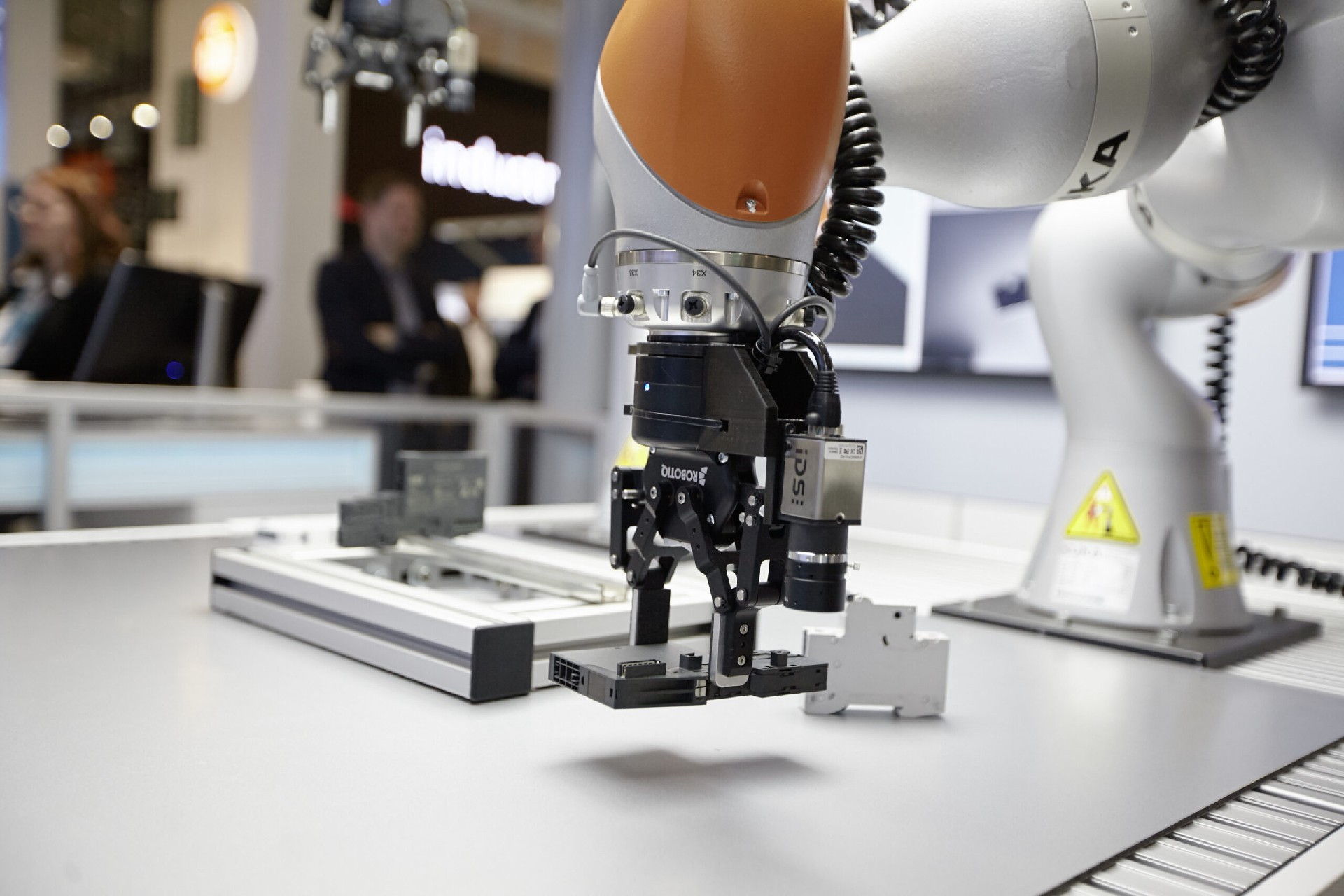
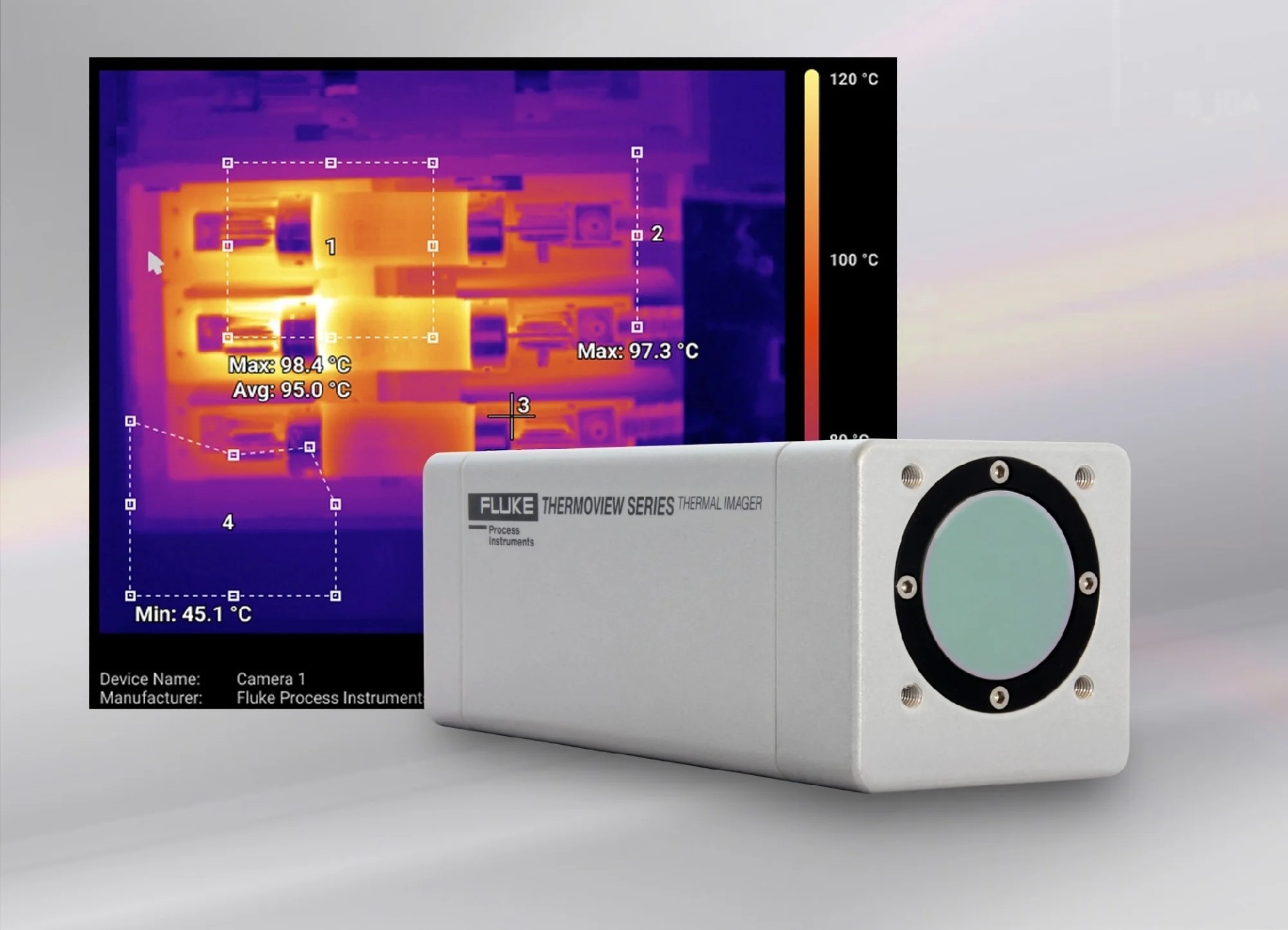
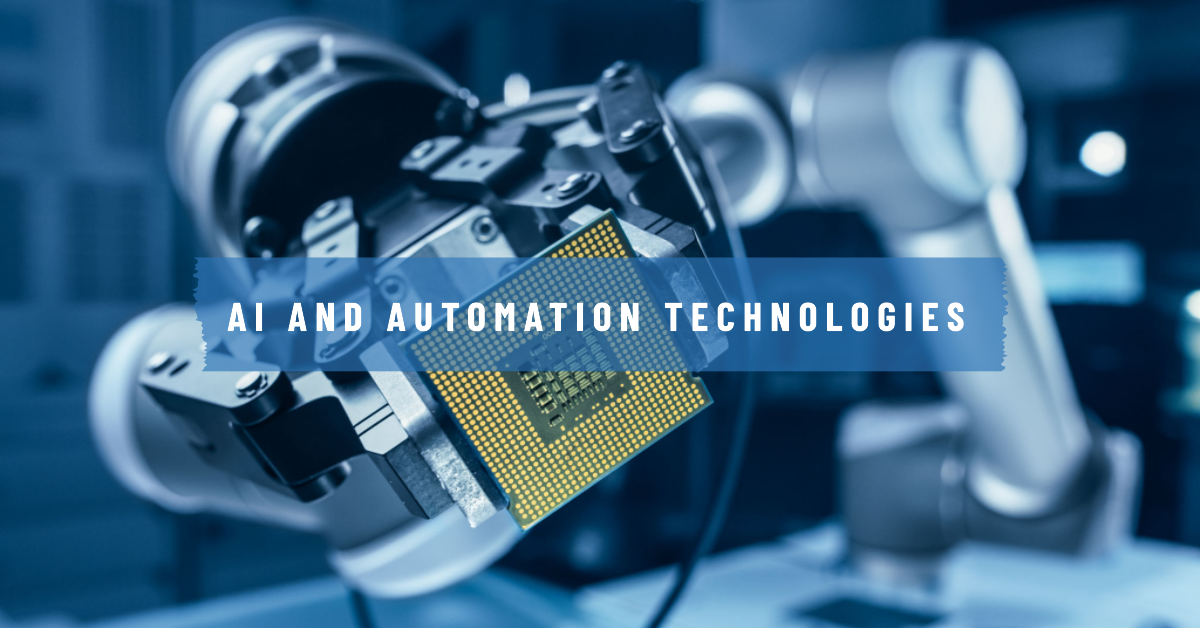
 Asia International Industry Automation & Intelligent Manufacturing Exhibition
Asia International Industry Automation & Intelligent Manufacturing Exhibition

